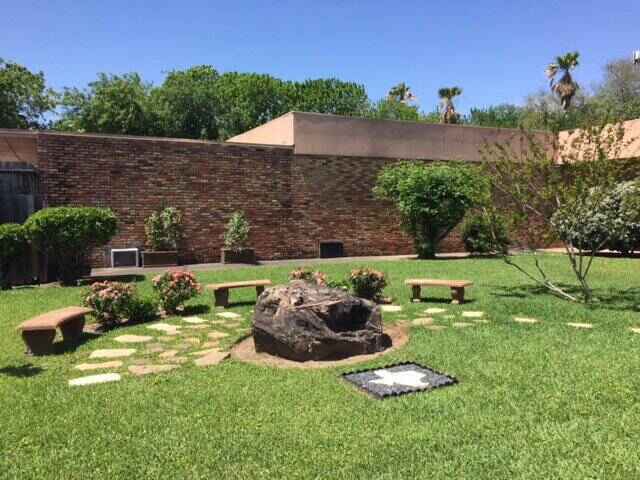About Cheyenne Center – Houston
Cheyenne Center, located in Houston, Texas, is a nonprofit center that treats drug and alcohol addiction. They are a part of the Texas Health and Human Services Program and also work closely with the Texas Department of Criminal Justice to provide alternative sentencing programs that treat addiction.
Cheyenne Center offers residential treatment for men and co-ed outpatient treatment services.
The Residential Program at Cheyenne Center is for males who need a high level of support and structure to get sober. This program generally lasts for 30 days and promotes physical, emotional, and spiritual recovery. Individual therapy, group therapy, and family therapy are included. Medications can be administered if needed. Good nutrition and exercise are encouraged.
Cheyenne Center offers sentencing alternatives for individuals facing incarceration for drug and alcohol offenses through their partnership with the Texas Department of Criminal Justice. This program is generally for 90 days and involves staff communicating with judges, attorneys, and probation and parole officers throughout treatment.
The Outpatient Program at Cheyenne Center is for those who are capable of returning home in the evening while receiving treatment. This program offers psychoeducational groups, process groups, family groups, individual counseling sessions, HIV education and testing, tobacco awareness classes, domestic violence education, and family education on drugs, alcohol, and the recovery process. The outpatient program is generally for six to nine months.
Individual therapy creates the space to explore the psychological challenges associated with addiction. With the help of a professional, individuals are given the space and direction to talk about and process their emotions. Often this includes unresolved trauma, anger, depression, anxiety, and the need for more control or autonomy in life.
Group therapy involves treatment through the process of connecting in a group setting to discuss and work through mental, emotional, and physical issues. There are a number of different group therapy modalities, including support groups, experiential therapy, psychoeducation, and more.



